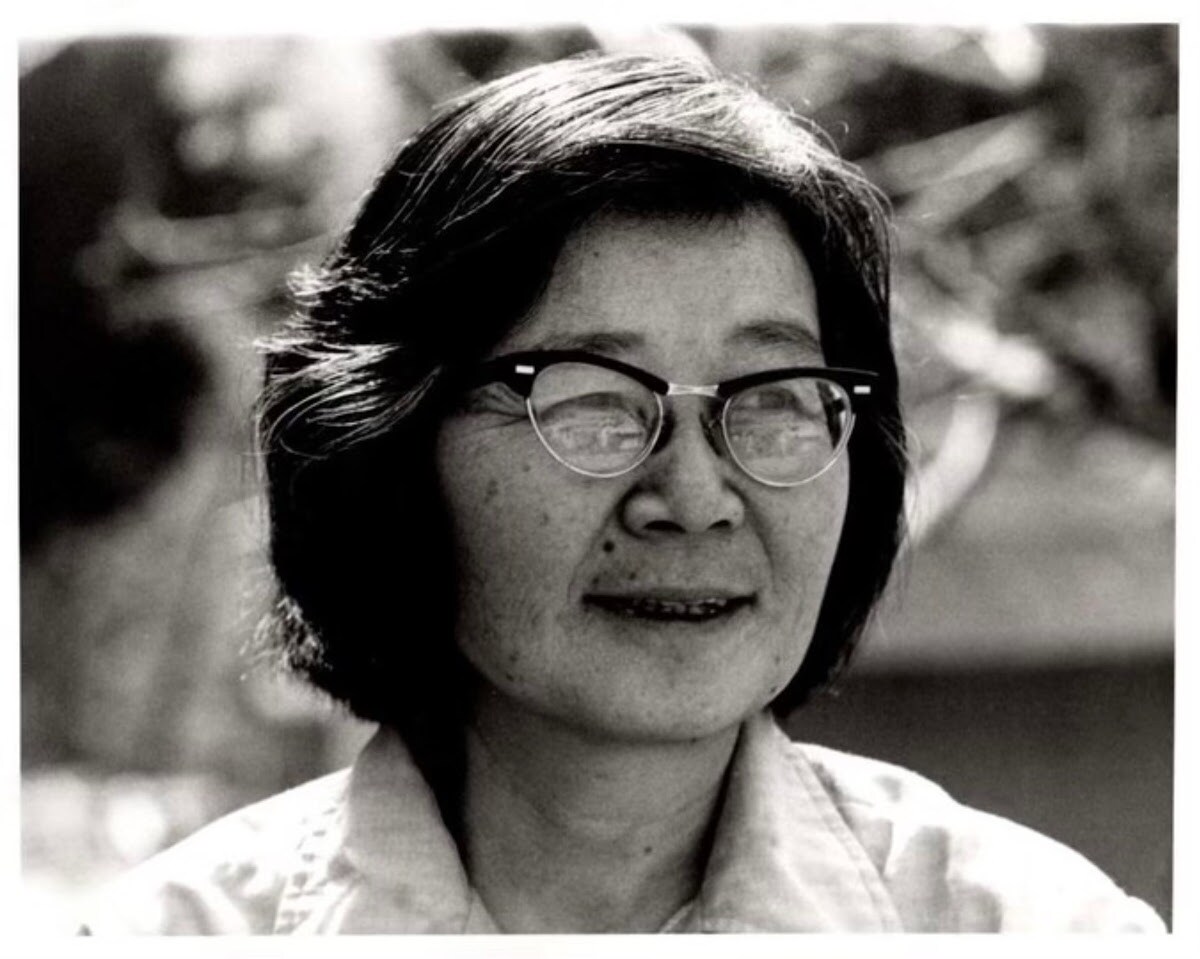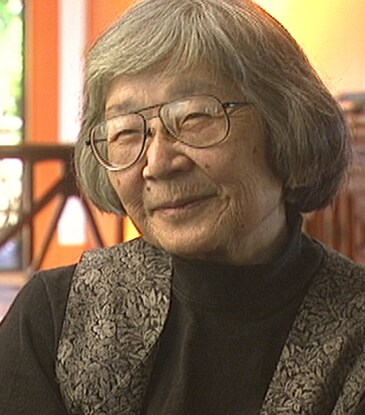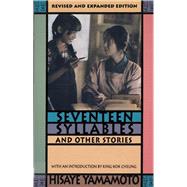
Hisaye Yamamoto
Writings on the First Generation Japanese Immigrant Experience
About Hisaye Yamamoto
- Hisaye Yamamoto was a popular American author, best known for the book Seventeen Syllables and Other Stories. She was a first generation American, born to Japanese immigrant parents, Kanzo and Sae Tamura Yamamoto, who worked as strawberry farmers. As a teenager, Yamamoto started writing under pseudonymity for a daily newspaper targeted towards Japanese Californians, under the pen name, “Napoleon”.
- After World War II, she moved to Los Angeles and began pursuing a professional career in journalism and began working as a columnist for the Los Angeles Tribune, a black-owned newspaper. During her time in the Los Angeles area, Hisaye reported many incidents of racism against the minority groups.
- In 1948, she published her first short story in the Partisan Review, The High-Heeled Shoes. Soon after, she began working as an author full time. Some of her most popular books include Seventeen Syllables and Other Stories and Yoneko’s Earthquake.
- Hisaye Yamamoto was bestowed with the American Book Award for Lifetime Achievement in 1986, and the first edition of Seventeen Syllables and Other Stories, published in 1988 by Kitchen Table-Women of Color Press, was given the Award for Literature from the Association of Asian American Studies
Other miscellaneous info about Hisaye Yamamoto:
- Citizenship: - American
- Total Works: - (14) Short Stories
- Notable Works: - Seventeen Syllables (1949)
Hisaye Yamamoto's Age
- Hisaye Yamamoto was born on August 23rd, 1921 in Redondo Beach, California. She died on January 30th, 2011 at an age of 89 years old.
Hisaye Yamamoto's Family
- In 1955, Hisaye Yamamoto married Anthony DeSoto. Hisaye and Anthony had four biological children together. At the time of her passing, Hisaye had seven grandchildren.

Seventeen Syllables and Other Short Stories by Hisaye Yamamoto
The first edition of Seventeen Syllables and Other Stories was published in 1988 by Kitchen Table: Women on Color Press. This was Hisaye Yamamoto’s first book to be published in the United States. The themes and underlying subject matter that resonate in this book include the cultural conflicts between the Issei (first generation), a term in Japanese language to specify Japanese people who were the first generation to immigrate to North America, and their children, the Nisei (second generation). The book details experiences of coping with prejudice and the infamous internment of Japanese Americans during World War II. Hisaye Yamamoto’s literary piece challenges topics of the Japanese immigrant experience in the United States, the struggles of women in society, and the differing attitudes and ideas of the Issei and Nisei. The book spans 40 years, starting at the end of World War II. The work contains nineteen stories in total that span Hisaye Yamamoto's forty-years of writing. The stories in this book are arranged in chronological order of the date of composition.
The original version of the book was published in 1988, however, a new edition was released 10 years later, in 1998, by Rutgers University Press. This later edition included one additional 1987 short story titled "Reading and Writing". In 2001, the revised and expanded edition added an additional four more stories dating back to 1942. This is considered the most comprehensive edition, and the one we recommend here.

Seventeen Syllables and Other Stories
- ISBN13: 9780813529530
- Format: Paperback
- Copyright: 2001
Seventeen Syllables and Other Stories brings together nineteen stories that span Hisaye Yamamoto's forty-year career. It was her first book to be published in the United States. Yamamoto's themes include the cultural conflicts between the first generation, the Issei, and their children, the Nisei; coping with prejudice; and the World War II internment of Japanese Americans.







